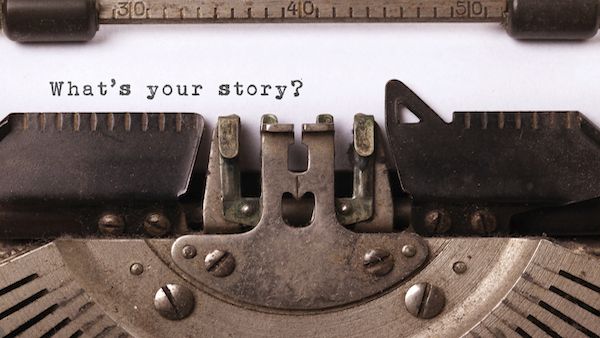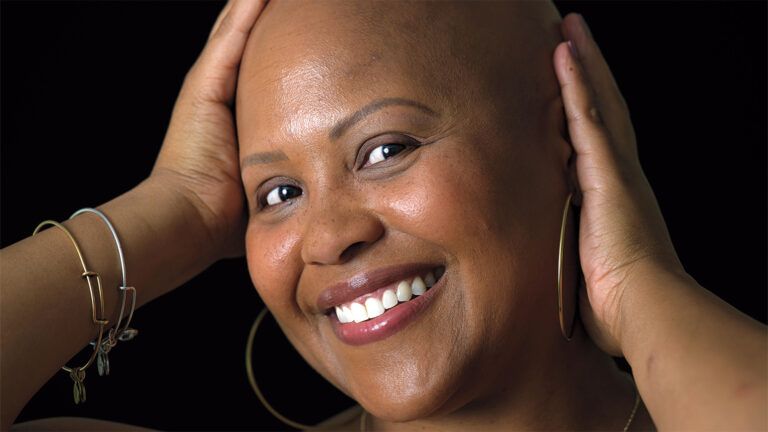Did you know it’s been 100 years since the Armenian Genocide of 1915?
My family isn’t Armenian–we’re Syriac/Assyrian–but many of my family members were killed during the Assyrian genocide that also took place during that time in Turkey. That’s when the Syriac population was cut by more than 50% and, in some regions, 90%. It’s no wonder the Assyrian genocide is often referred to as “Sayfo,” which means “sword” in Aramaic.
My own great-grandmother escaped the genocide with my grandmother, then just a toddler, by hiding during the day and only traveling at night. Growing up, my mom would tell story after story about families ruined, lives destroyed during Sayfo. The Assyrian genocide wasn’t some distant event in time. It was a very real part of our culture and heritage. One that very few people knew about. Today, the Christians in the Middle East, including the Syriac people, are still suffering horrors and atrocities, just like in 1915.
About two months ago, I attended a talk with my mom and sister about the role of women during Sayfo. The speaker said something that really stuck with me.
“Sayfo, the sword, did not cut us down,” she said. “Sayfo is not over, but we are telling stories. Tell your story.”
It really hit me. How important it is to share your story, whatever it may be. To keep talking, even if it’s uncomfortable. Just like my mom did when I was a kid. She could’ve swept the stories under the rug when she moved to the U.S. The Assyrian and Armenian genocides are still not fully recognized around the world. It would’ve been easy to ignore the past.
Instead, my mom kept our history alive and, in doing so, our ancestors’ fighting spirit. After all, a story can do many powerful things, whether it’s a tragedy or a miracle or something in between. That’s something I’ve learned first-hand at Guideposts.
You can heal by telling your story. You can fight back. You can change a life.
Whatever it is, God can use your story.






